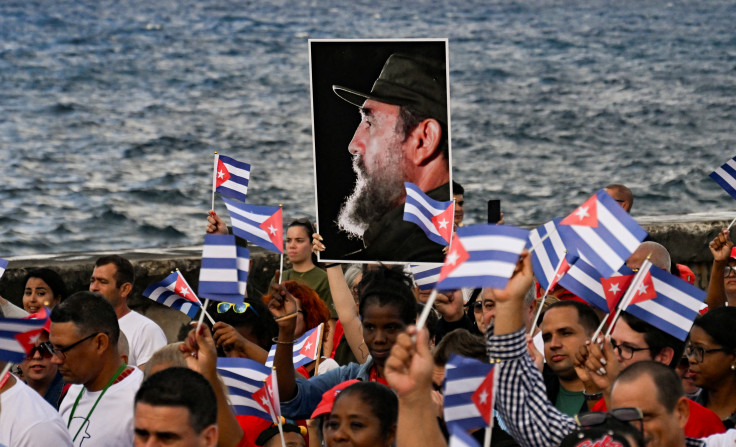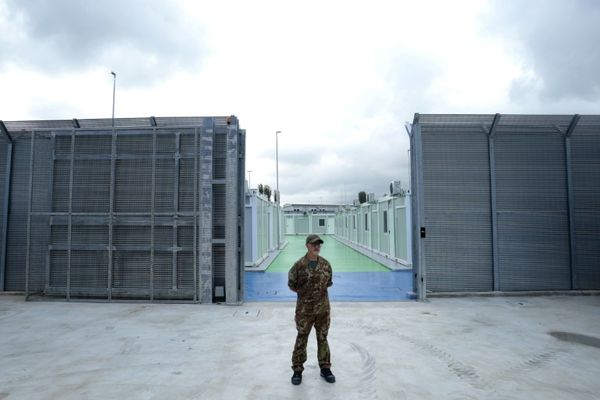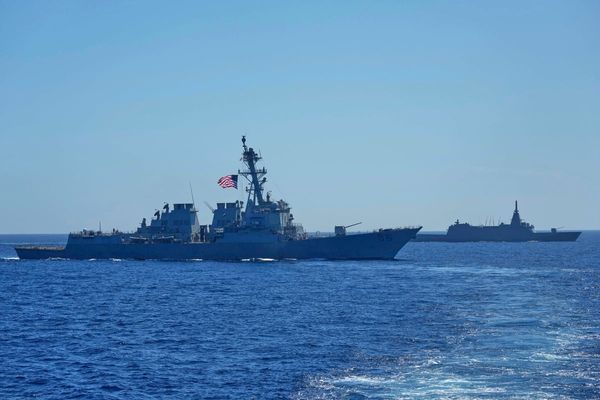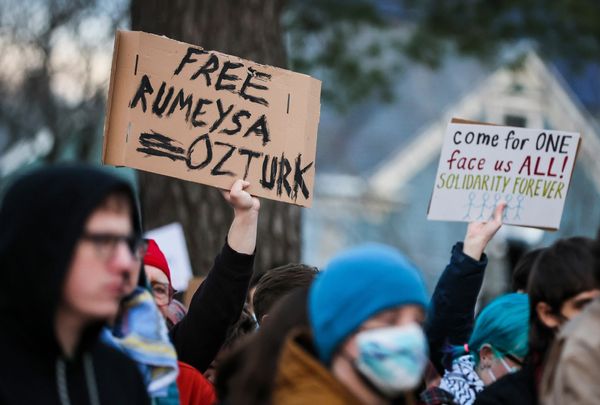
Companies run by Cuba's military have managed to stash away billions of dollars for their own consumption as the humanitarian and economic crisis in the island worsens, a new investigative report by the Miami Herald shows.
2024 proved to be a dire year for Cuba, as its economy further collapsed and Cubans tried to demand more rights and better living conditions.
For instance, the electrical grid collapsed several times throughout the year, leaving the island in the dark. Similarly, gas shortages were so severe that a man in Güines, a town near Havana, Cuba, posted a video of himself on social media carrying the body of a dead friend in a three-wheeled bicycle to a funeral home because no cars were available, The Miami Herald reports.
Other videos on social media show people picking up food scraps from the garbage, as well as laments by people mourning relatives who died for lack of medication and essential supplies at Cuban hospitals.
But as residents were showing their grievances in social media and in Havana's streets, the recent investigation shows that military-run companies were hiding billions of dollars, while the government claimed it didn't have the money to buy supplies thanks to U.S. sanctions.
One balance sheet from July shows that two companies ran by GAESA— short for Grupo de Administracion Empresarial S.A., a multi-headed conglomerate owned by the Cuba's Revolutionary Armed Forces—, Almest, which invests in hotels, and Gaviota, which manages hotels and other tourism-related businesses, had a net worth of 22.6 billion Cuban pesos.
That's almost 13 times what the government invested in its public health system and social assistance programs in 2023, according to figures from the National Office for Statistics and Information.
Notably, the documents obtained by the Herald state that Gaviota, the tourism holding company that manages 115 hotels and other businesses like car rentals and a travel agency, had $4.3 billion in its bank accounts as of July. The money was readily available because it was recorded as "assets on hand." The figure is one of the few listed in dollars.
Gaviota's financial records show the company has 88.6 billion pesos in assets, including 51 billion in "long-term or permanent investments." The company declared 16.6 billion pesos in "net worth."
The figures are significant because in a recent report to the United Nations, the Cuban Foreign Ministry blamed the U.S. embargo for depriving the government of the $250 million it needs each year to maintain the electrical grid and the $129 million it needs to provide medical supplies annually to its hospitals, The Miami Herald reports. Likewise, during a Communist Party meeting earlier this month, Cuban leader Miguel Diaz-Canel blamed U.S. sanctions for the crisis in the island.
Sanctions imposed by the U.S. in recent years, mainly during the Trump era, were designed to stop the military from plundering the country's resources and hit many of its revenue streams, including remittances from abroad and tourism. The Trump administration halted cruises to Cuba and travel by Americans to the island for "people to people" exchanges that it argued was akin to tourism. The Biden administration eliminated visa waivers to enter the U.S. for travelers visiting Cuba, following the island's designation in 2021 as a state sponsor of terrorism.
Experts on the Cuban economy agree that decades-old U.S. sanctions have had a detrimental effect on Havana. But they say the blame also lies with the decades of government mismanagement, an obsolete centrally planned economy, shrinking aid from political allies, botched monetary policies and a slow recovery from the COVID pandemic, the Herald investigation shows.
"There are many factors that have led to the current crisis but this is one of the most notable and explains the blackouts," said Pavel Vidal, a Cuban economist who teaches at the Pontifica Javeriana University in Colombia.
To Vidal, spending vast amounts on building hotels while the rest of the economy "is falling apart" undermines the premise that Cuba works under a centrally planned economy and "is evidence that for a long time, there have been two parallel governments."
© 2024 Latin Times. All rights reserved. Do not reproduce without permission.








